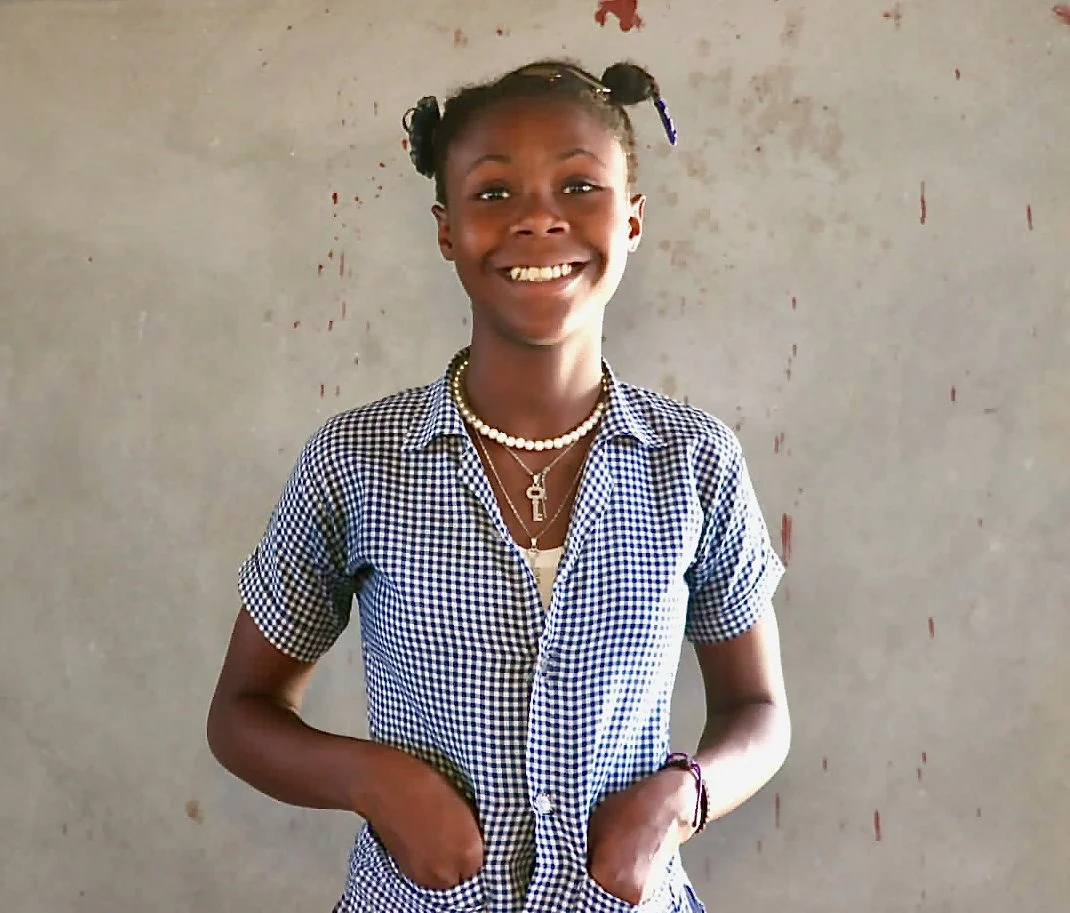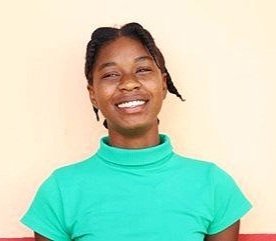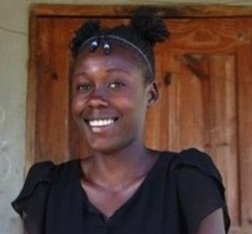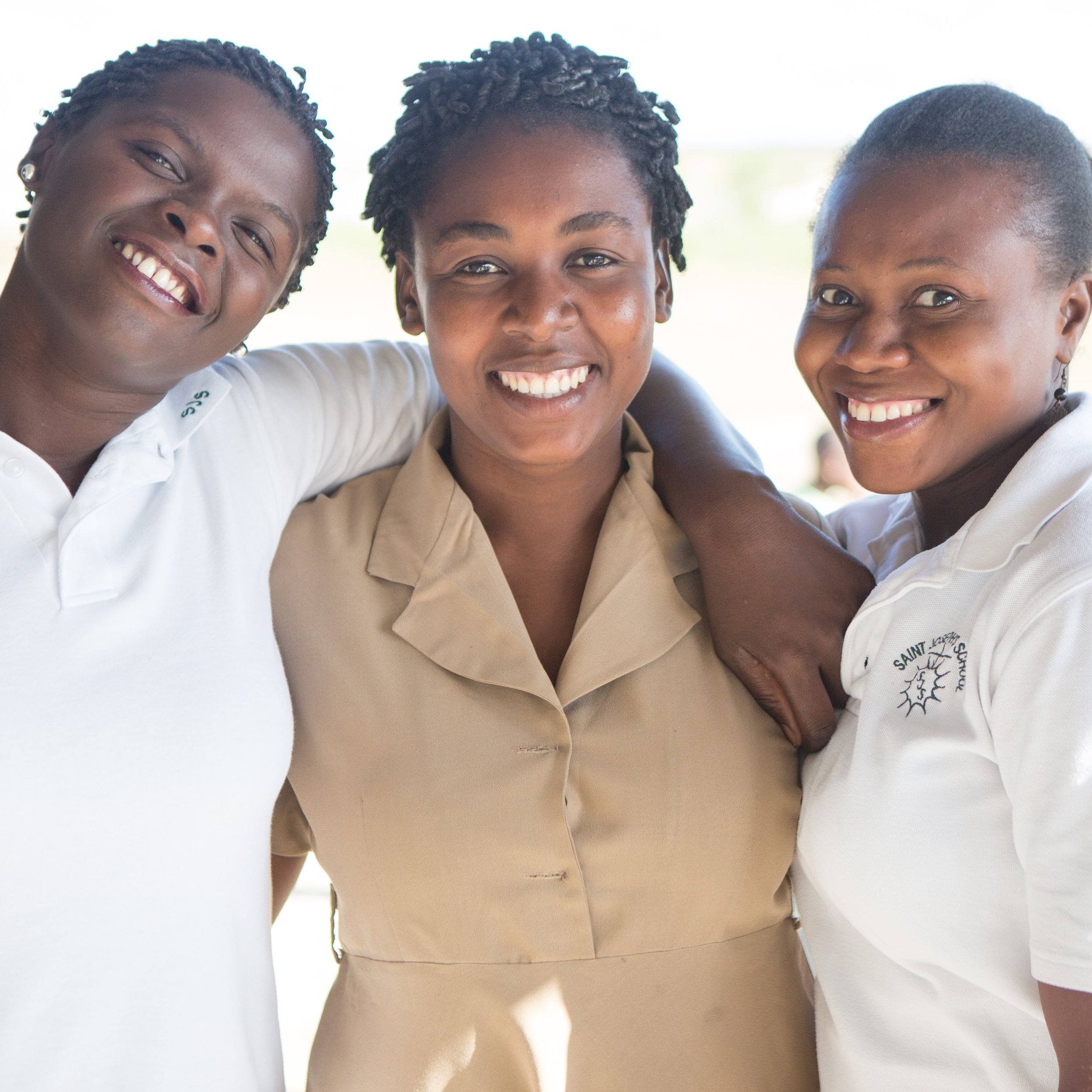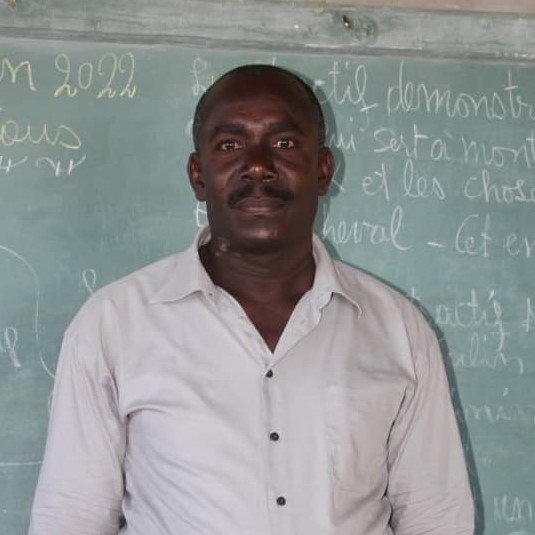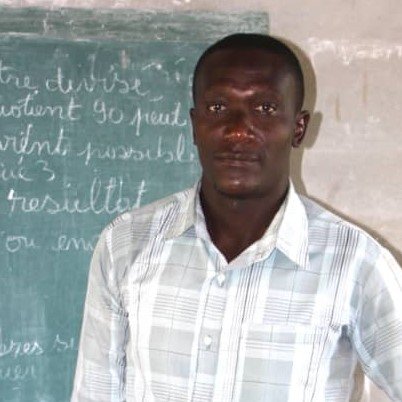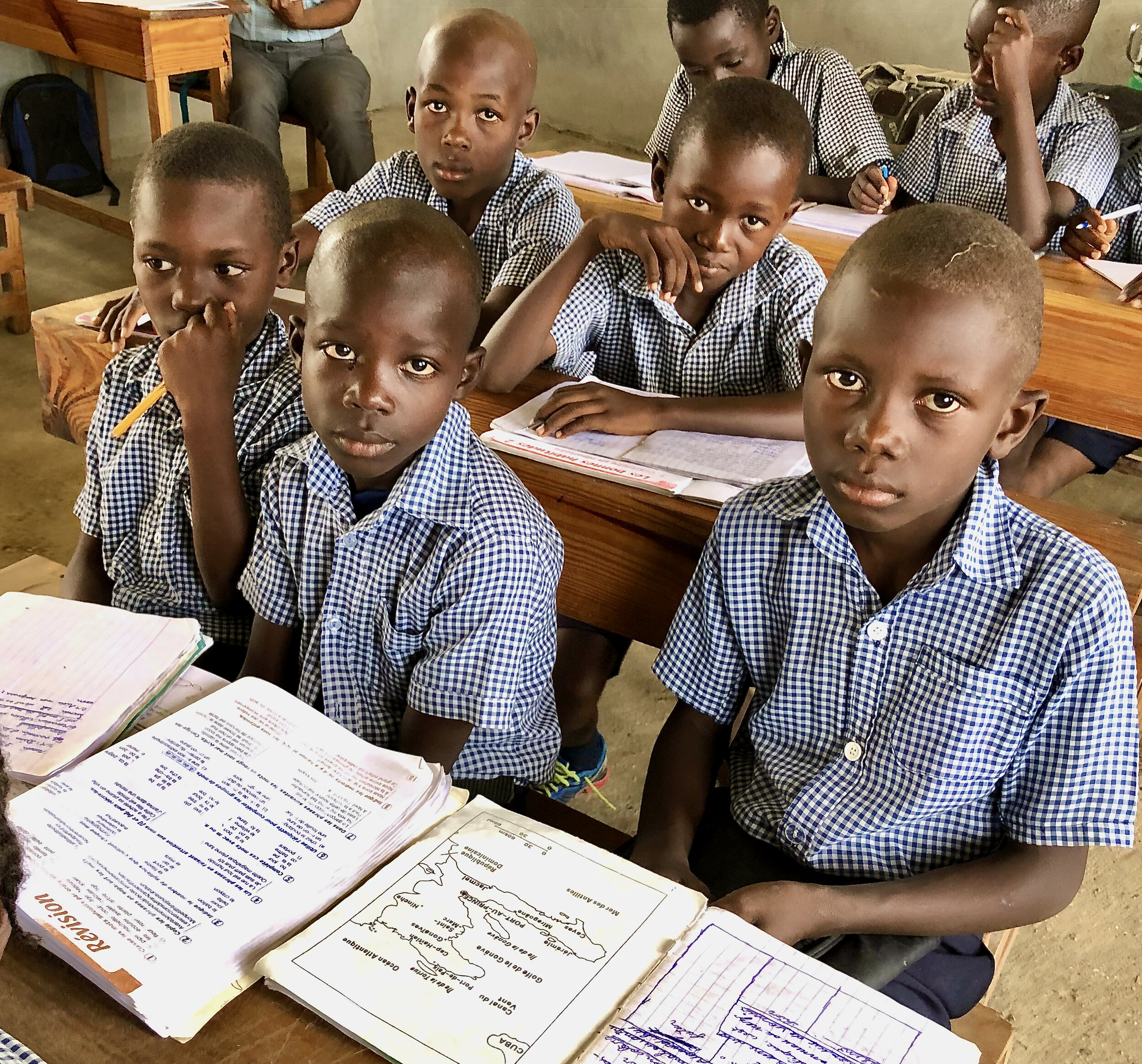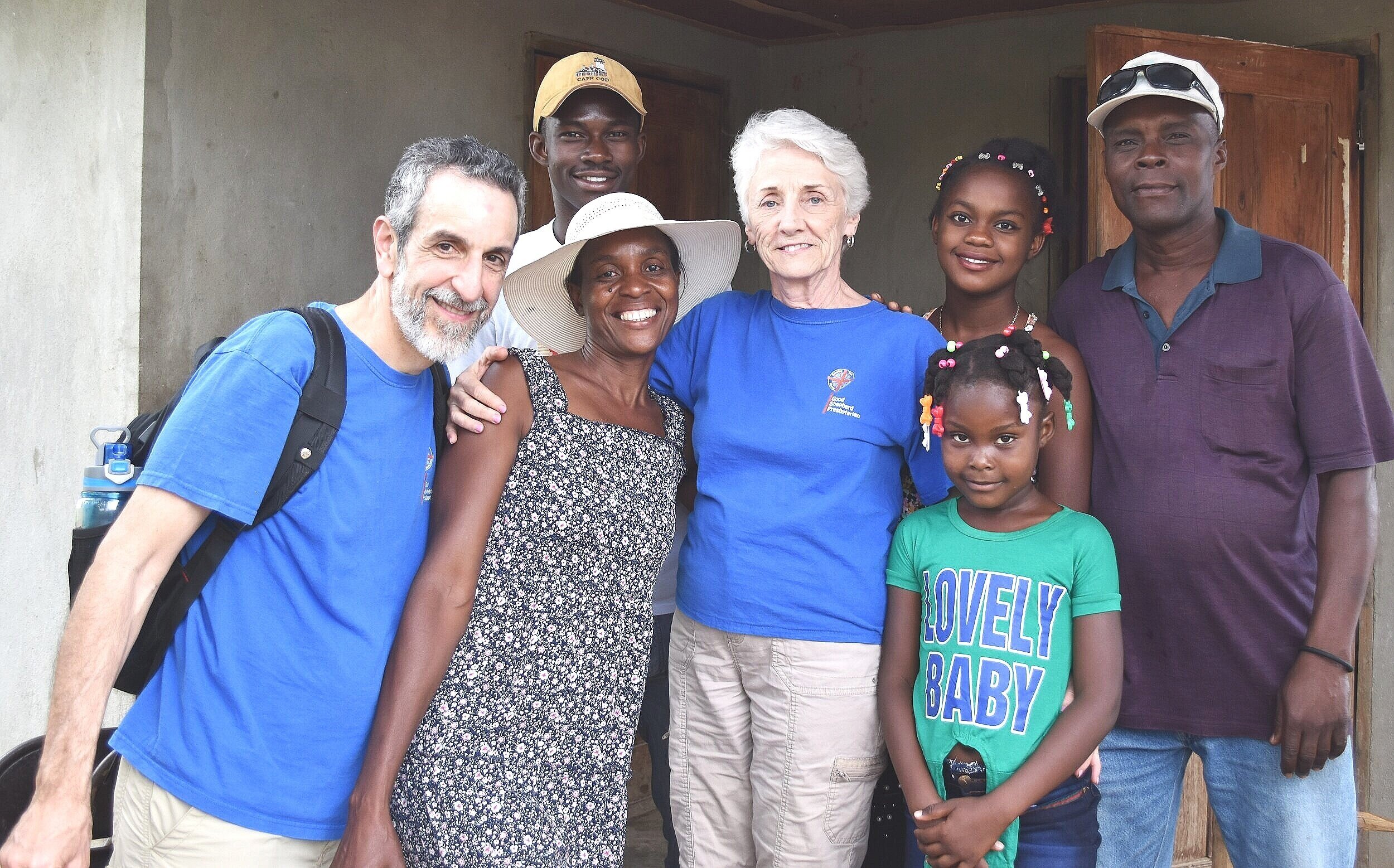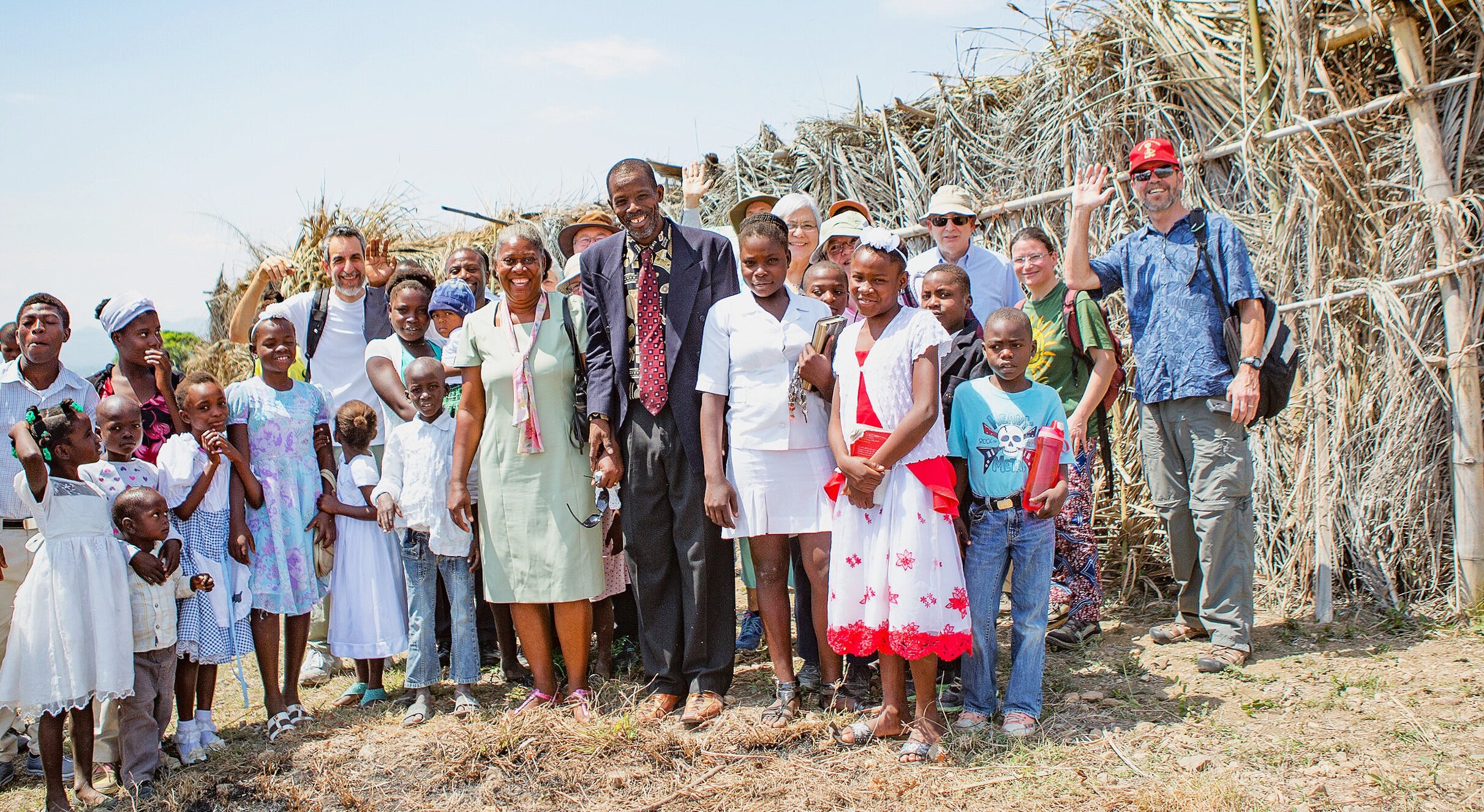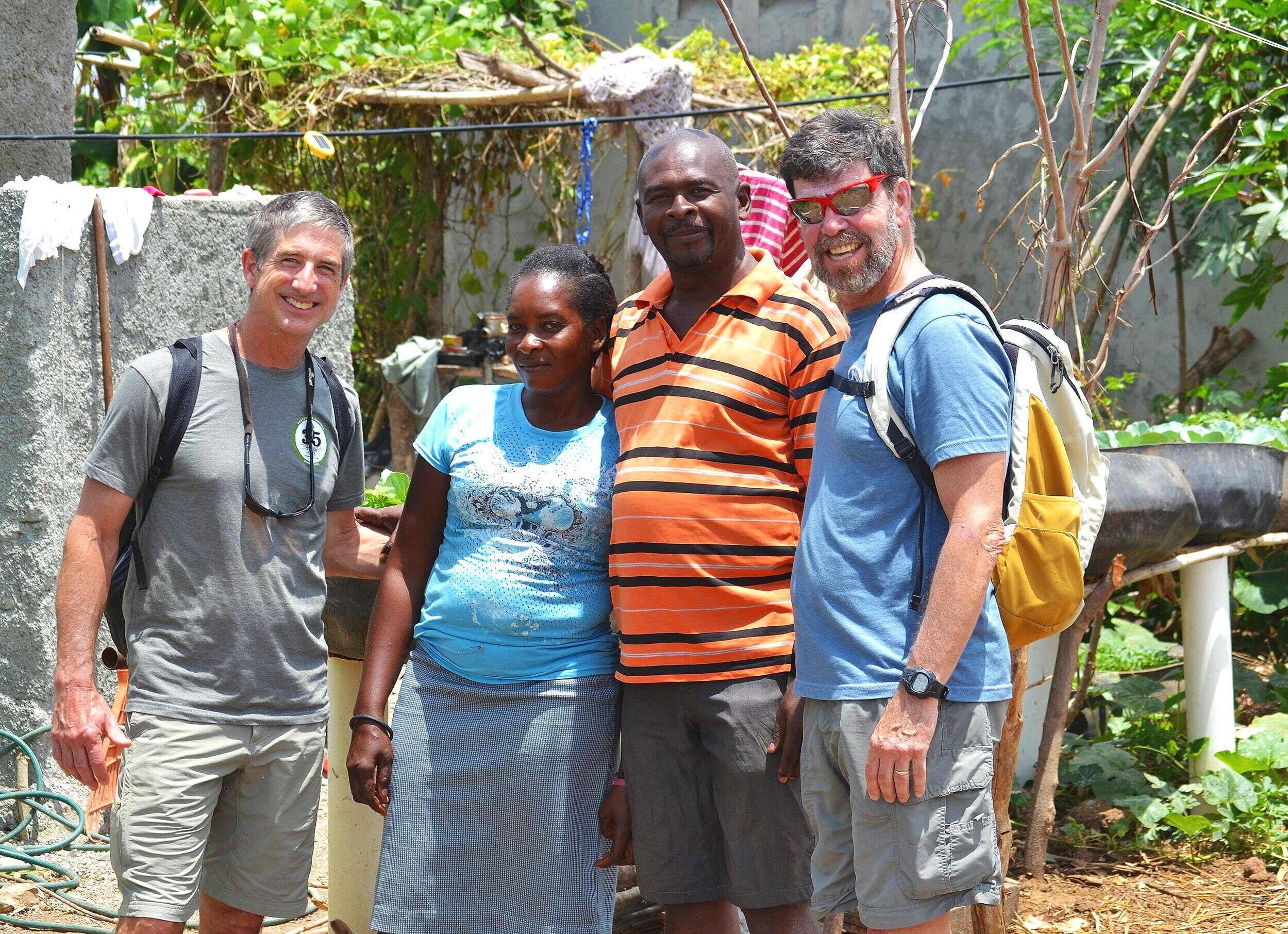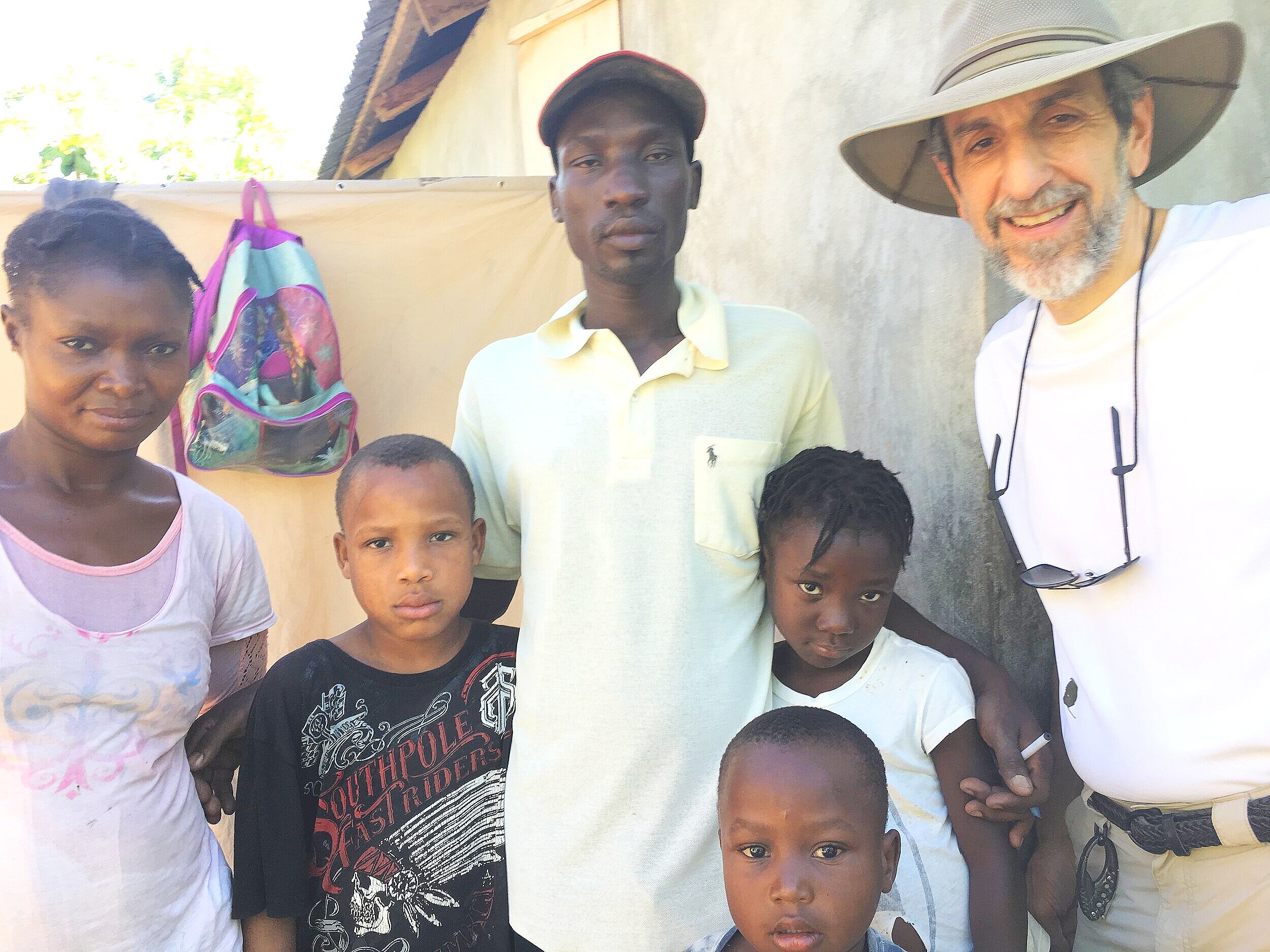If you follow the news at all, you know that the President of Haiti, Jovenel Moise, was assassinated at his home on July 7th. You may also know that 4 days prior to the assassination, Haiti was struck by Hurricane Elsa. These events happened while the country was struggling with political crisis, economic hardships and the coronavirus pandemic. My friends who know that I follow events in Haiti very closely have said "Boy, they just can't catch a break. Can they?"
It is true that political upheaval, bad weather events and economic hardship have been the story of Haiti for many years. It does seem like things have gotten a lot worse. For me, this is personal because I have friends in Haiti. Here in Atlanta, I have friends that have family in Haiti. So, while the seemingly insurmountable problems in Haiti are real, my concern lies with how our friends are impacted by all that is happening.
It is too dangerous to travel to Haiti right now. In fact, our friends tell us that it's too dangerous to travel in Haiti in many areas. Gang violence is on the rise. Kidnappings and murders are happening with little consequence to the perpetrators.
We are still able to communicate to our friends in Haiti via email and text messages. We have made friends with some of the people we have met in the EcoVillages, and they can now provide first-hand testimony to the conditions in the villages. (Their photos are above.)
Heguel (pictured above with Pat Murphy & David Evans) lives in village 6. He says, "Every day I speak to the people from EcoVillages where I live. Everything is going well in the countryside, most of the problems are in Port au Prince."
Carlos (pictured with his family, Jeanine, and myself) is a doctor living in Hinche. His family lives in village 4. He describes the situation as "the country is still in a very volatile calm". He goes on to say "… everyone remains vigilant about not knowing what will happen."
Donald (pictured with his family and me in 2017) describes his attitude this way: "For things that concern politics in Haiti, this causes a lot of difficulty but despite everything I put everything in the hands of our savior Jesus Christ".
Germeil (pictured with his wife, his church and our mission group in 2017) is a pastor with whom we worshiped together on Easter Sunday. He says "We are doing well and the gardens are going well with the grace of God. We hold the brethren of Atlanta firmly in memory of our prayers and thoughts."
The silver lining is that the people still have homes in the EcoVillages. The rains have been plentiful so they should have a good year in their gardens. These past 2 years have presented many setbacks, but life goes on in the villages.
The school is out for summer and will be in session this Fall. With the strong, continued support of our donors and oversight by MPP, the children will learn and teachers will be paid.
If you want to hear first-hand testimony from a villager, you are in luck! One of the villagers will be coming to Atlanta and you can meet him on August 1st. Click here to see that invitation.
